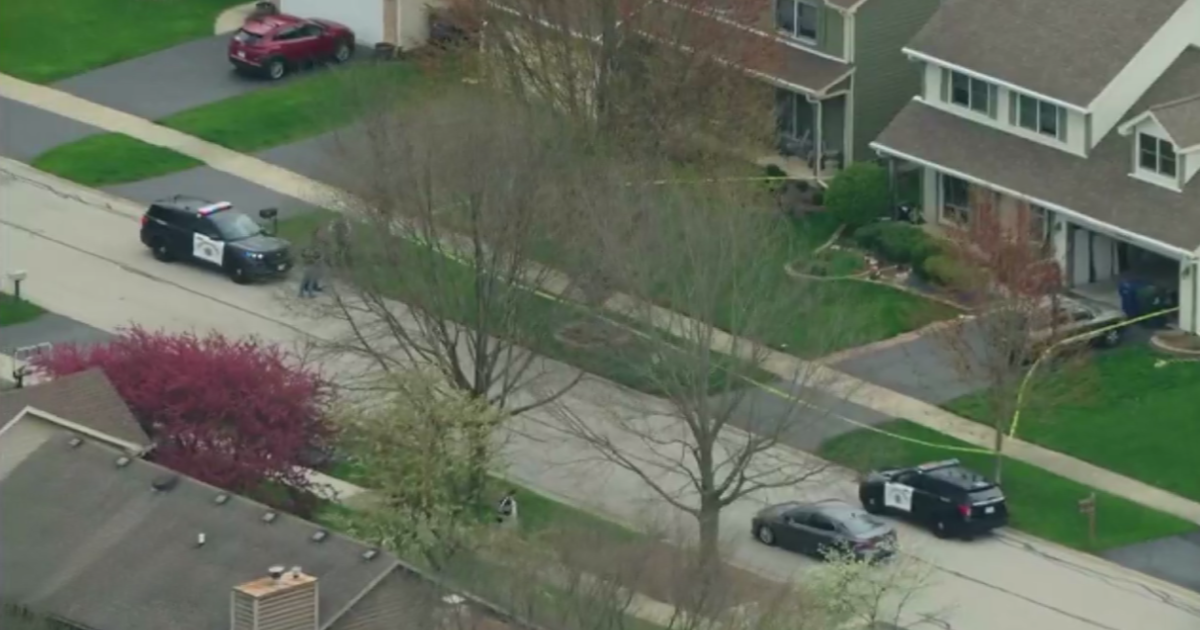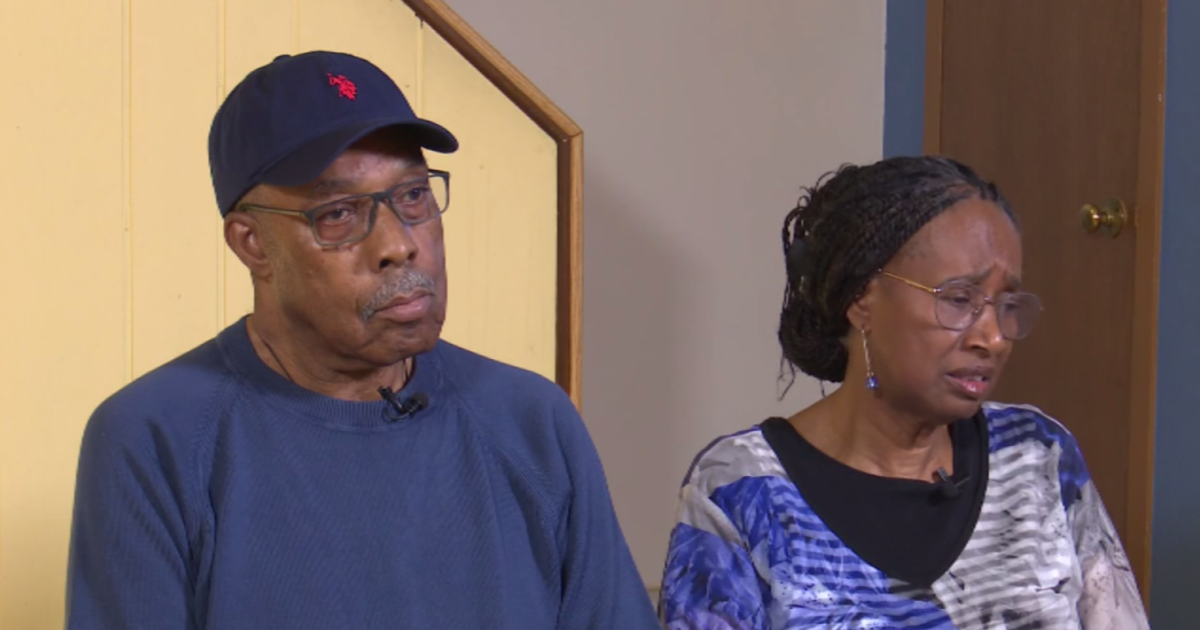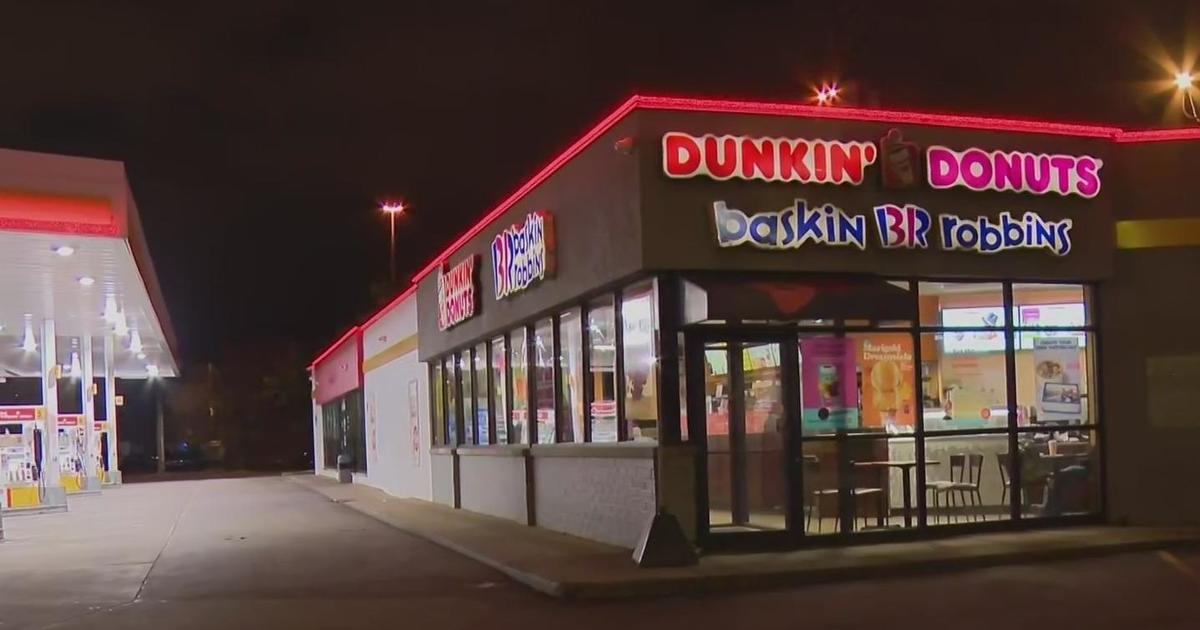The study, published by the global health service company Cigna, found that 46 percent of U.S. adults report sometimes or always feeling lonely and 47 percent report feeling left out. Cigna calls those "epidemic levels."
What's more, only around half of Americans say they have meaningful in-person social interactions on a daily basis, such as having an extended conversation with a friend or spending time with family members.
"Loneliness is defined as a feeling of being alone or lacking social connectedness," Douglas Nemecek, M.D., chief medical officer for Behavioral Health at Cigna, told CBS News. "At Cigna, we've been hearing more and more from our customers and individuals calling us that they're feeling lonely, alone and disconnected from others.
For the study, Cigna and the market research firm Ipsos surveyed more than 20,000 U.S. adults ages 18 and older. Researchers measured loneliness using the UCLA Loneliness Scale, a 20-item questionnaire developed to assess subjective feelings of loneliness and social isolation.
Previous research has shown that loneliness is connected to a number of health issues, including diabetes, heart disease and depression. It may play a role in substance abuse and can diminish overall quality of life. Some studies have even found that loneliness and social isolation may lead to an early death.
Surprisingly, the study found loneliness affects younger Americans more than the elderly.
Generation Z, or those between the ages of 18 and 22, were the loneliest generation, with a "loneliness score" of 48.3. Possible loneliness scores range from 20 to 80, with the national average a 44.
Millennials (ages 23 to 37) were close behind with a score of 45.3, followed by Generation X (ages 38 to 51) with a loneliness score of 45.1 The so-called Greatest Generation, those age 72 or over, ranked as the least lonely, with a score of 38.6.
When it came to the role of social media, researchers found its use was not a predictor of loneliness.
"We hear all the time about social media and being connected. What our study actually found, however, is that the level of attachment with social media really did not impact loneliness one way or the other," Nemecek explained. "What that means really is that I could have a thousand or ten thousand friends on Facebook, but it's the meaningful in-person relationships that I have with other people that actually keep me from becoming lonely."
The report also found that Americans who live with others are less likely to be lonely than those who live alone. However, this does not hold up for single parents or guardians, who report higher scores of loneliness than adults who live alone.
Nemecek said everyone can take small steps to help combat loneliness.
"All of us can make an effort to meet with somebody, have a cup of coffee and have a meaningful in person conversation," he said. "That's a great first step for all of us to start to impact this."



